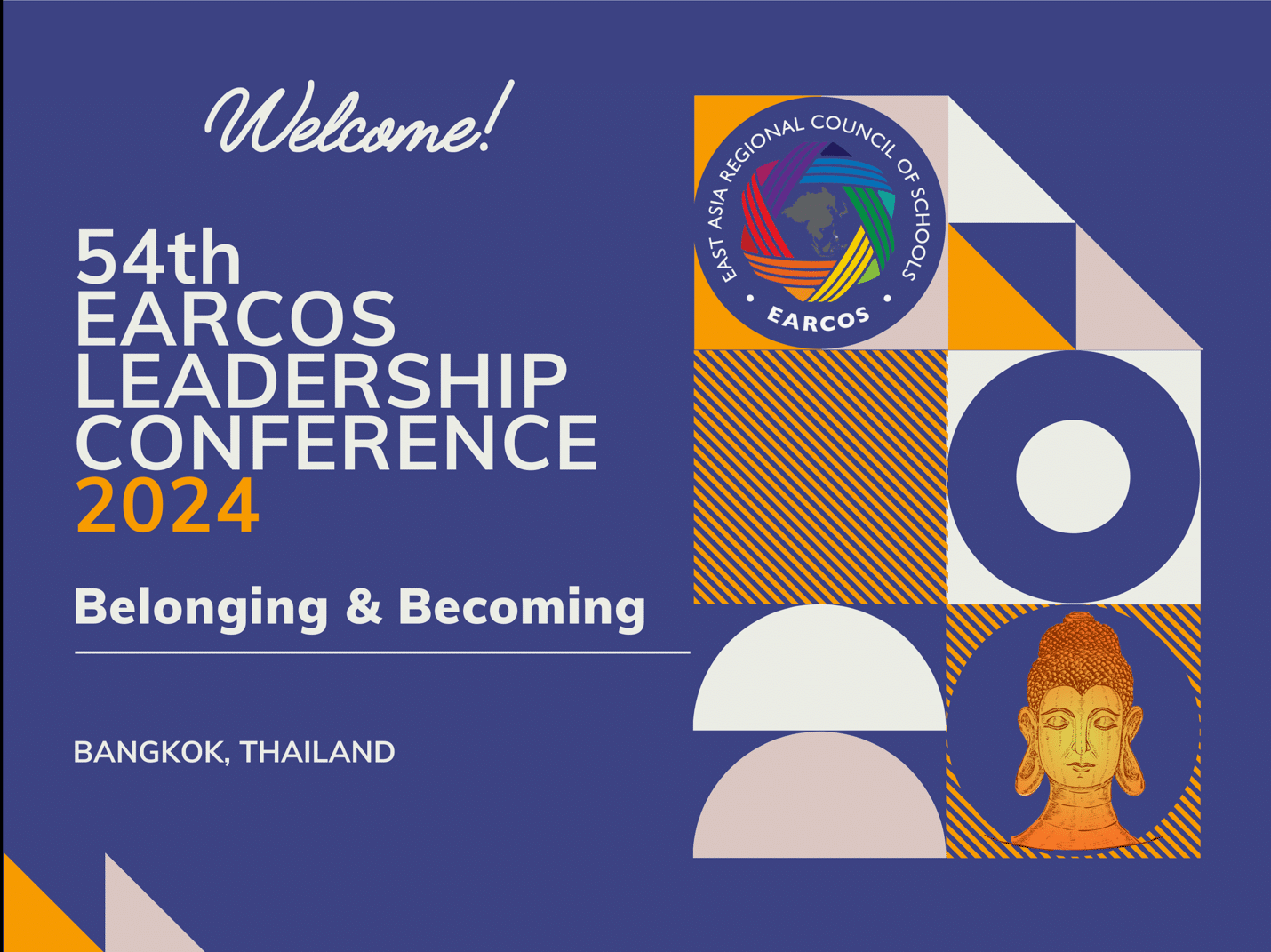Unlocking the Potential of 360 Feedback and Ethical Leadership in International Schools

We recently spoke at the East Asia Regional Council of Schools (EARCOS) Leadership Conference, where over a thousand leaders from international and expatriate schools gathered to discuss pressing challenges in global education. With international training in education rapidly evolving, school leaders seek ways to use applied social science to help their schools thrive. We had the honor of presenting three key topics that address these needs, each providing actionable insights into using 360 feedback assessments, fostering resilient leadership skills, and navigating ethics in global school settings.
Using 360 Feedback Assessments as a Developmental Resource
One of the most pressing discussions was the effective use of 360-degree feedback assessments in education. Historically, 360-degree assessments have been used as part of annual appraisals, particularly for positions like Head of School. While the feedback these assessments provide is incredibly valuable, their purpose often needs to be understood. When 360-degree assessments are used solely for performance reviews, they limit opportunities for real growth.
At CMA Global, we advocate using 360 feedback assessments as developmental tools, focusing on leadership skills rather than performance alone. Instead of combining 360s with performance evaluations, we encourage leaders to conduct them separately, with a gap between performance reviews and 360 feedback assessments. This separation empowers school leaders to embrace their feedback as part of their growth journey. By unlocking the developmental potential of 360 assessments, educational leaders can work on long-term improvement and become better equipped to meet the ever-evolving needs of their schools.
Creating a Balanced Approach to Psychological Safety
Another central theme of our sessions was psychological safety, which has become a major focus in many organizations, including schools. Psychological safety means creating an environment where everyone can speak up, make mistakes, and engage without fear. But as with many good things, too much can become counterproductive.
New research indicates that an overly high focus on psychological safety can sometimes hinder progress. When safety becomes an end in itself rather than a means to foster openness and resilience, it can inadvertently lead to what social psychologist Jonathan Haidt calls “Safetyism.” In this state, people may feel fragile rather than resilient, reducing their ability to handle challenges.
At EARCOS, we discussed how schools can strike the right balance by fostering a safe space that encourages risk-taking, accountability, and growth. By allowing for a healthy level of challenge, educational leaders can create more effective teams, build trust, and ensure that psychological safety serves its intended purpose—to foster resilience, innovation, and open communication. This balance reassures leaders that they can foster a supportive environment while still inspiring growth and innovation.
Embracing Ethical Leadership in Global Education
The international school environment is unique, bringing together diverse cultural backgrounds and, with them, a wide range of ethical perspectives. One of the main challenges we see in global education is misunderstanding or disregarding these differences in ethics. Leaders often view ethics through a single cultural lens, which can inadvertently create barriers in a multicultural setting.
At EARCOS, we presented a framework that encourages leaders to see ethical decisions not as a simple matter of “right versus wrong” but as a balance between “different rights.” This perspective fosters inclusivity and acknowledges the values each individual brings to the table. When viewed this way, ethical leadership becomes a tool for building trust across cultures rather than a potential point of conflict. This approach to ethical leadership ensures that schools not only meet educational standards but also respect the cultural backgrounds of all students and staff, making everyone feel respected and valued.
Building Leadership Skills with Applied Social Science
Our sessions underscored the importance of integrating 360 feedback, ethical sensitivity, and leadership skills into international training programs for school leaders. The CMA Global approach brings these elements together.
Using 360 feedback as a developmental tool, educational leaders can continuously improve, build resilience, and foster a supportive community that values growth. Our goal is to ensure that every leader is equipped with the right skills to navigate the complexities of today’s international educational landscape.
Moving Forward: Creating Thriving School Communities
Attending the EARCOS Leadership Conference reaffirmed the power of applied social science in education. With the right combination of 360 feedback assessments, international assessments, coaching, and cultural sensitivity, international school leaders can build communities that value growth, inclusivity, and ethical leadership. CMA Global is honored to support these leaders on their journey, helping them build resilient, inclusive schools where students and staff alike can thrive.
Ready to empower your school’s leaders with evidence-based strategies? Contact us today to learn how our team of consultants can help your school’s leadership team excel and build a more inclusive, resilient school community. Call us today at 1-800-459-4548.
